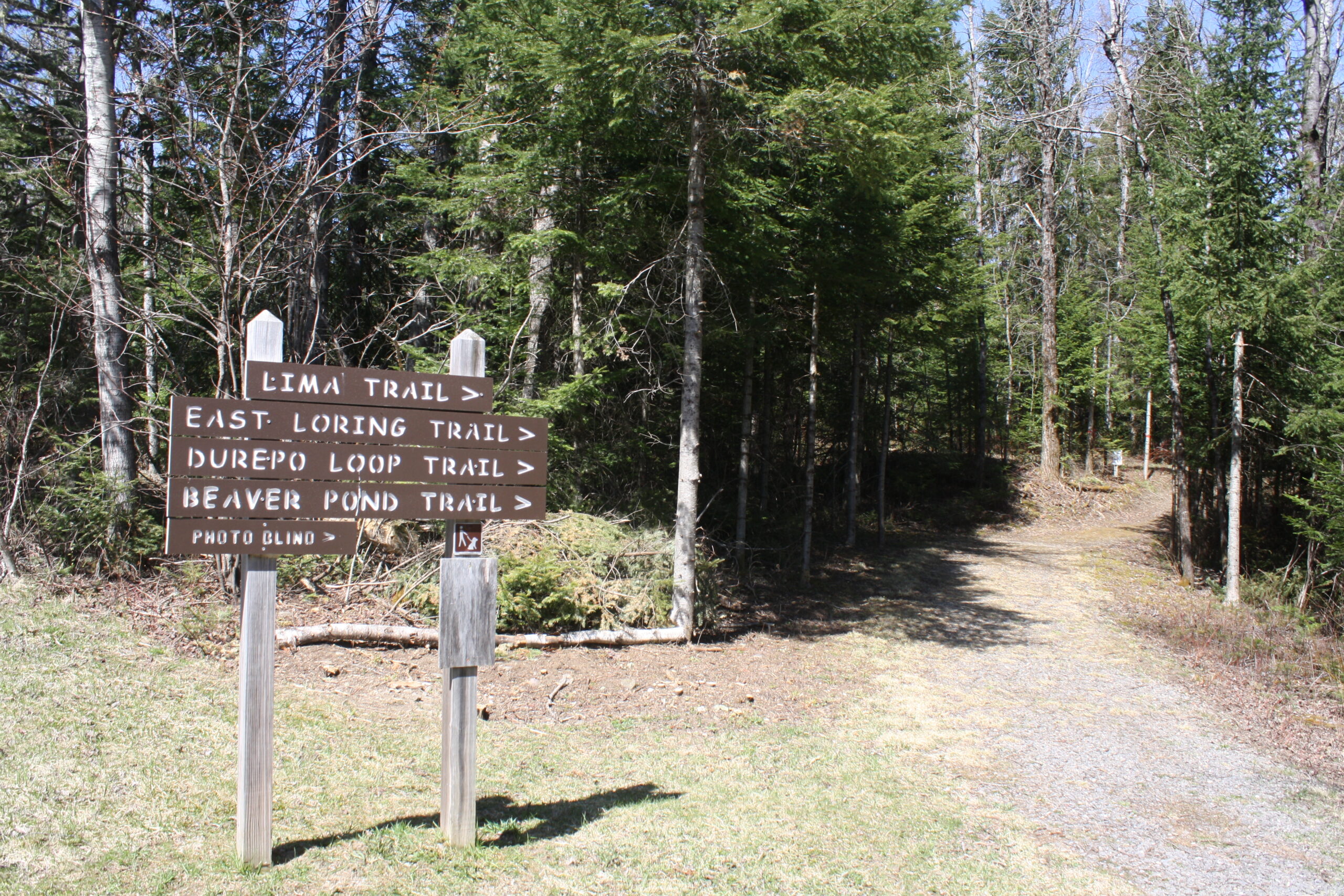
A
LIMESTONE, Maine – A Limestone-based contractor has paid $12,000 to the Aroostook National Wildlife Refuge for unintentionally causing silt contamination within the refuge’s wetlands.
The Maine Department of Environmental Protection received a complaint from the U.S. Fish and Wildlife Service in Sept. 2022 about high silt levels in Greenlaw Brook, which runs for six miles on land abutting the refuge and the Mi’kmaq Nation land trust, both designated after the closure of Loring Air Force Base.
Maine DEP investigators found that a significant amount of silt had been discharged into a tributary of the brook from somewhere on the east side of Trombley Industries, a general contracting company located on Access Highway in Limestone.
The amount of silt found in Greenlaw Brook – 7,625 milligrams per liter – violated state law governing the discharge of pollutants.
The DEP’s limit for silt for stormwater from a gravel pit operation is a monthly average of 25 milligrams per liter and a daily maximum of 45 milligrams per liter. Most streams contain less than 20 milligrams per liter on average, said Pam Parker, of the Maine DEP’s Division of Water Quality Management.
Trombley Industries uses a ditch system for its gravel washing operations. Silt-laden water from those operations passes through a series of ditches and culverts and is discharged into gravel pits that keep the contaminated water from entering nearby tributaries.
Trombley Industries found that a portion of the ditching system had eroded without their knowledge. The company stopped their gravel washing operations soon after the DEP’s investigation, according to Maine DEP documents.
Several visits from the DEP in 2023 confirmed that Trombley had rerouted the wastewater to a drainage swale connected to other gravel pits. They also excavated a gravel pit to allow wastewater to settle and infiltrate instead of spreading to tributaries.
Maine DEP inspections found that no fish were killed as a result of the silt discharge and that Greenlaw Brook has fully recovered, said Parker while testifying before the state’s board of environmental protection October 17.
“We discussed whether we would require excavation of the silt out of the wetland, but after consulting with the [Maine DEP] Division of Environmental Assessment, we felt that remediation was best left to nature itself, rather than mucking about and making a bigger mess,” Parker said.
The board of environmental protection unanimously approved a consent agreement between Trombley Industries President Craig Trombley and the Maine DEP. In the agreement, Trombley agreed to pay $12,000 to Friends of Aroostook National Wildlife Refuge for violating state laws that prohibit companies from discharging pollutants into waterways.
The $12,000 will pay for signage, gates and other infrastructure for a trail that volunteers from the Friends group are constructing with the U.S. Fish and Wildlife Service and Mi’kmaq Nation. The less than 2-mile-long trail will connect Greenlaw Brook with East Loring and include signage that explains Mi’kmaq culture and history and environmental clean-up efforts at the former Loring base.
Per the agreement, Trombley Industries will take part in environmental training before November 1, though they could be granted a deadline extension if necessary, Parker said.
P







